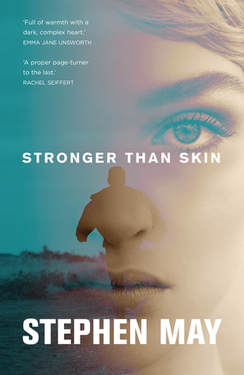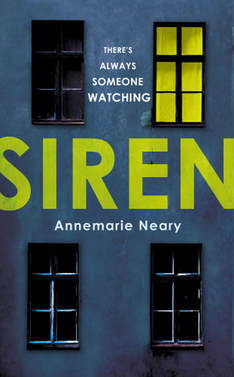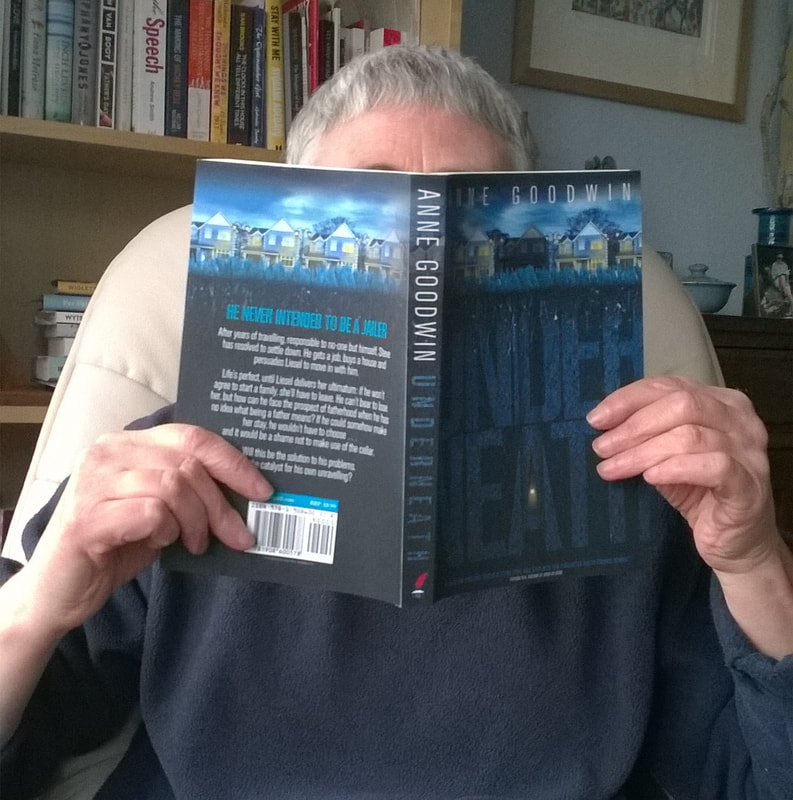Stronger Than Skin by Stephen May
As Mark goes into hiding, courtesy of a chance meeting with a former pupil, we travel back in time to his first meeting with Anne. He’s beguiled by her bohemian confidence, the product of age, experience, social class and rather a lot of expensive wine, and by her veto on sharing sad stories, something of a relief to an adolescent not yet ready to process his younger sister’s suicide only a year before. He neglects his friends, his studies but, when his father suffers a heart attack, he’s forced to swap a summer with his lover for a return home to Colchester to help run the family pub. When, after several weeks’ absence, he returns to visit Anne, she’s in a mess: her husband is determined to divorce her for a new life abroad. Too young to recognise the extent of her flakiness and with a strong dislike of Philip for reasons of his own, Mark creates a noose for his own neck by doing all he can to help.
Stronger Than Skin is a story of wounds and scars, of the families that make us and those we make in our turn, of secrets, growing up, and failing to, and of youth out of its depth. It’s also, as Stephen May explains on the Literary Sofa, about modern manhood, and the startling fact that men are people too. Although I liked how the novel explores this, both through Mark’s perspective as a teacher and his sister’s insistence that men should listen more, I don’t think I’d have picked up on it much if I hadn’t read his post before I read the book. That’s partly because I was engrossed in the story but also perhaps because women of my generation who’ve read avidly since childhood are well practised in identifying with a male narrator as a matter of course.
Thanks to Sandstone Press for another great read. For more on vulnerable masculinities, read Two novels about young men forced to face the real world.
Siren by Annemarie Neary
Like Diana, the protagonist of my debut novel, Sugar and Snails, Sheen has had to reinvent herself before she’s finished school. As a naive Belfast schoolgirl, she was an accomplice to murder as part of the civil war that had served as backdrop to her entire life. Like Diana, she puts the past behind her but, when her marriage breaks down, in part due to an identity based on lies, while the career of the man who stole her innocence is on the ascendant, Sheen decides to go back. She’s going to confront Lonergan with the evidence of his sordid background. But will she be safe to do so and, in a country keen to move on from the Troubles, will anyone really care?
Siren is a cut above your average thriller in the exquisite use of language, plot credibility and relevance of the sociopolitical context in which the story unfolds. Reading this, I was struck by how little fiction I’ve come across addressing the bloody conflict in my own nation (albeit in that “foreign” part across the sea) relative to similar trauma abroad. In fact, the only novel on the Troubles I can recall reviewing is The Insect Rosary. Thanks to Hutchinson books for providing this opportunity to add another one to this list.
| Knowing that some of my readers are, like me, intrigued by book covers, you might have noticed the similarity between this one and my second novel, Underneath. Despite the supposition that blue covers suggest comfort, both these novels show houses with lighted and unlighted windows in blue and yellow to evoke a sense of jeopardy within the walls. |
























 RSS Feed
RSS Feed





















